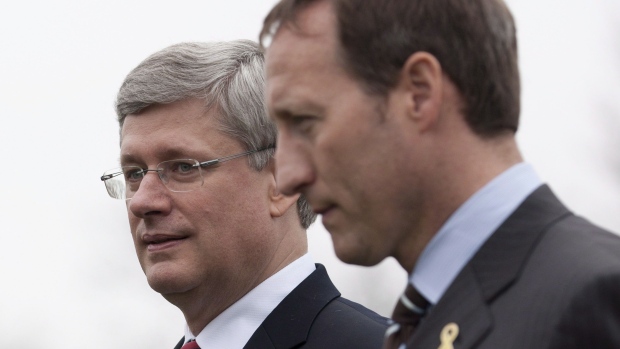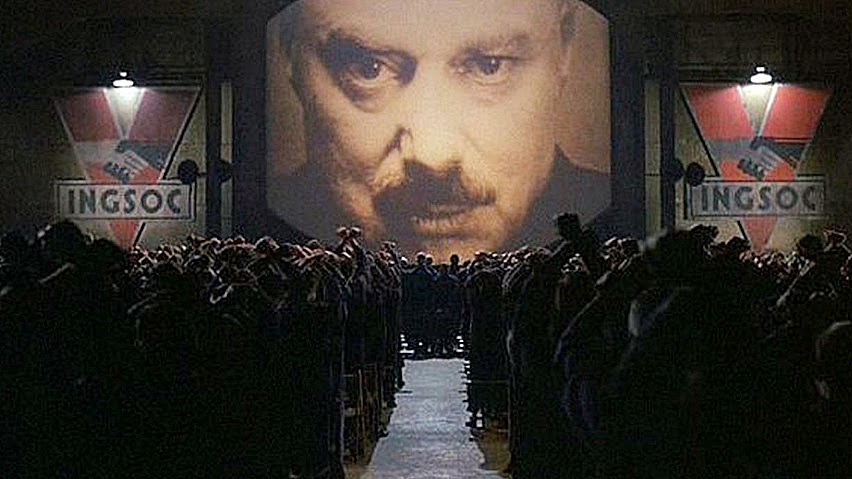
Conservatives Insist on Passing Unconstitutional Legislation
It is no secret the Conservatives are heading for confrontation with the Supreme Court over its reckless and irresponsible notion that unconstitutional legislation should be passed. From the spat between Prime Minister Stephen Harper and Chief Justice Beverley McLachlin to Justice Minister Peter MacKay’s reluctance to consult the courts and public on legislation that is predictably going to be shot down, it is clear the Conservatives will try to break the system to get their unconstitutional legislation passed – particularly in the domain of Law and Order.
The most recent judge to pull the plug on the Conservatives’ crime agenda is respected Ottawa Judge David Paciocco. He refused to apply the Conservatives’ doubled mandatory victim surcharge, a payment offenders were forced to pay to victims, in a recent case where the 26-year-old offender couldn’t afford the $900. Paciocco, instead of ignoring the surcharge, refused to apply the law because it constituted punishment for the man and was disproportionate to his crime.
Paciocco is one of the many judges that balked to the doubling of mandatory victim surcharges, but MacKay swore they would eventually “see the wisdom” in applying the law. The legislation was supposed to give offenders who couldn’t pay the sum the option of fulfilling the equivalent in community service, but 7 provinces stated it was impossible because the necessary programs didn’t exist or the legislation posed obstacles in that domain.
Edgar Schmidt, the former general counsel for the legislative branch at the Justice Department, became a whistleblower and was suspended without pay in 2012. He filed documents accusing the department of working under “faint hope,” approving legislation even if it had a less than 5% likelihood of being upheld by the courts.
Schmidt argued it was the duty of Parliament to to introduce charter-compliant legislation – or to at least tell the public when it’s bound to be shot down. The government disagreed, admitting that if a lawyer raised an issue with legislation and management wasn’t worried, the legislation would be approved anyway – even if it was 99% likely to be shot down – and would only inform the public if it is “manifestly unconstitutional, such that no credible argument exists in support of it.”
The Harper government’s approach to litigation has become a knife fight and former President of the Canadian Bar Association Simon Potter told a constitutional conference in July if Parliament continues to be “headstrong” rather than cooperate, “then the system eventually breaks. That’s where we’re headed if we don’t get this fixed.”
The role of the Supreme Court is to complement our Parliamentary System and also to uphold the constitution. The constitution validates the government’s authority and sets limits to the power a government can have over its citizens – without it imagine the tyranny a government can commit. The Conservatives would love to break the legal system and pry the constitution open, if not to get the satisfaction of payback on the courts that held back their agenda, then to expand the powers of the state onto individuals’ lives. The Conservatives, on moral grounds, believe individuals need to be governed and fathered by the state and imagine what the Conservatives would be able to do if any of the legislation left in suspense got passed to law without challenge.
Challenged Conservative Legislation
- First comes the Conservatives’ assault on individual freedom and privacy: Bill C13. If passed without challenge, it would give the police and state access to Canadians’ data and online activities without a warrant. MacKay, who signed a ministerial authoritative on November 21, 2011 to allow CSEC to collect meta data about Canadian activities, won’t amend the legislation that the Supreme Court has ruled is unconstitutional. In the wrong hands, this data being stored by state authorities can be abused and manipulated to target individuals and groups on political grounds. The movement to tap into Canadians’ privacy started ironically enough with Vic Toews’s unforgettable “with us or with the child pornographers” mantra, only to balk when his messy divorce ended up on Twitter and immortalized by online hacker group Anonymous. Since using child pornography as a Trojan horse didn’t work, the Conservatives now expect you to believe cyber bullying is sufficient justification to strip you of your privacy – which section 8 of our constitution entitles you to. You wouldn’t feel comfortable if a stranger was watching what you were doing online over your shoulders so why would you let the government?
- The next controversial legislation, Bill C24, wouldn’t only create two classes of Canadians, it could strip citizenship away from innocent future generations of dual-citizens for the actions of a past generation. The immigration change gives the immigration minister, Chris Alexander, the power to strip dual citizens of their Canadian citizenship through 5 generations. The bar association is up in arms and will shoot down this legislation.
- Bill C36 which acts to crack down on prostitution is also going to be contested and critics argue it will put sex workers in danger. On moral grounds, the Conservatives believe the purchase of sex should be a criminal offense, but this is an act that belongs to the individual to decide.
- Bill C14 would create a “high risk” category of offenders that are found not criminally responsible and would result in indefinite detention for these people.
The Conservatives can avoid conflict with the Supreme Court, but it would mean they would have to abandon the aforementioned legislation – which would be in the best interests of the country – but their moral values put individual liberties on the back burner to enforce their notion of what is right and wrong on peoples’ lives. If it weren’t for the Supreme Court shooting down these ill-thought pieces of legislation, the Conservatives would go down in history for taking away individual liberties and privacy and with this information and power who knows what they, or their eventual successors may do with it.
Perhaps what is more striking is the unconstitutional legislation is being drafted as part of the Conservatives’ prize wedge issue: Law and Order. With an election rapidly approaching we can expect the Conservatives to tout crime numbers and instill fear on “soft on crime” opponents. Statistics Canada has released data, however, which suggests crime has been dropping at a steady rate since its peak in 1991. It is worth noting that the Liberals were in power from 1993 to 2006 and the trend past 2006 resembles what could have happened if the Liberals remained in power.
![cp-national-crime-rate[1]](https://politicalscene.ca/wp-content/uploads/2014/08/cp-national-crime-rate1-1.png)
While the “Tough on Crime” mantra hasn’t failed, it certainly hasn’t made too big an impact on crime numbers. For the Conservatives to risk a stable system that lets their members have a voice for their opinions over a system of law that to date hasn’t shown any massive benefits over what they deemed was “soft on crime” is quite ridiculous and perhaps it’s time the Conservatives rethink their strategy.
If Canadians had to choose between the constitution and a political party, it goes without saying the former would win and creating any more tension by intentionally passing ill-thought, unconstitutional legislation doesn’t do much more than tarnish the Conservative brand.
 Highlights
Highlights


